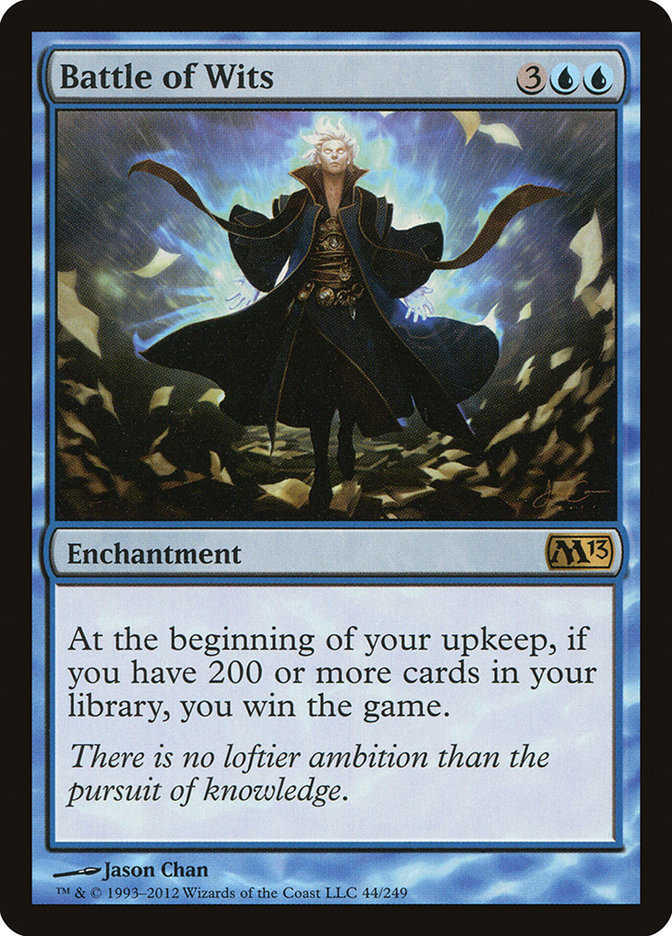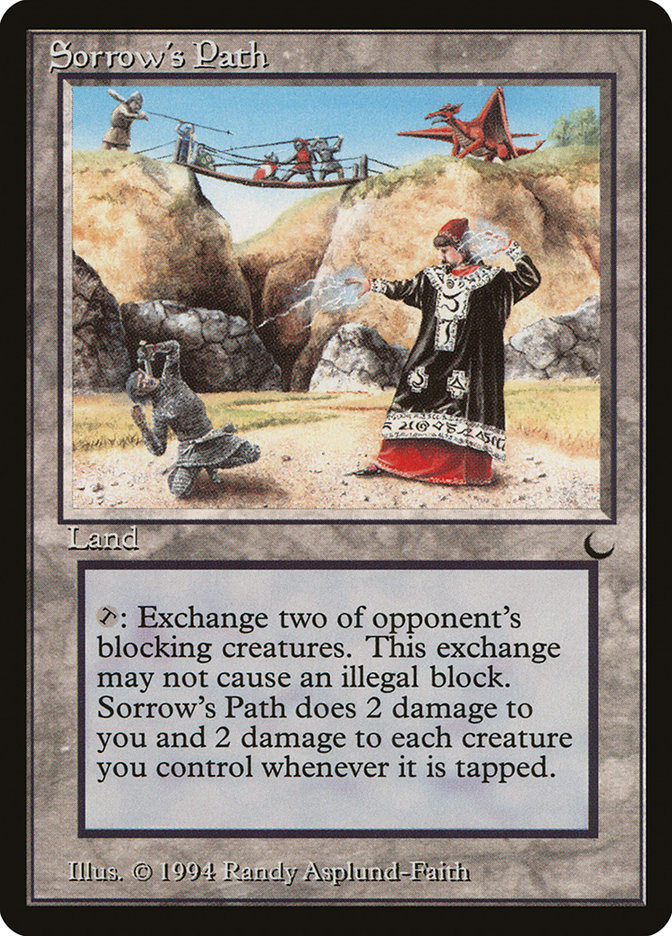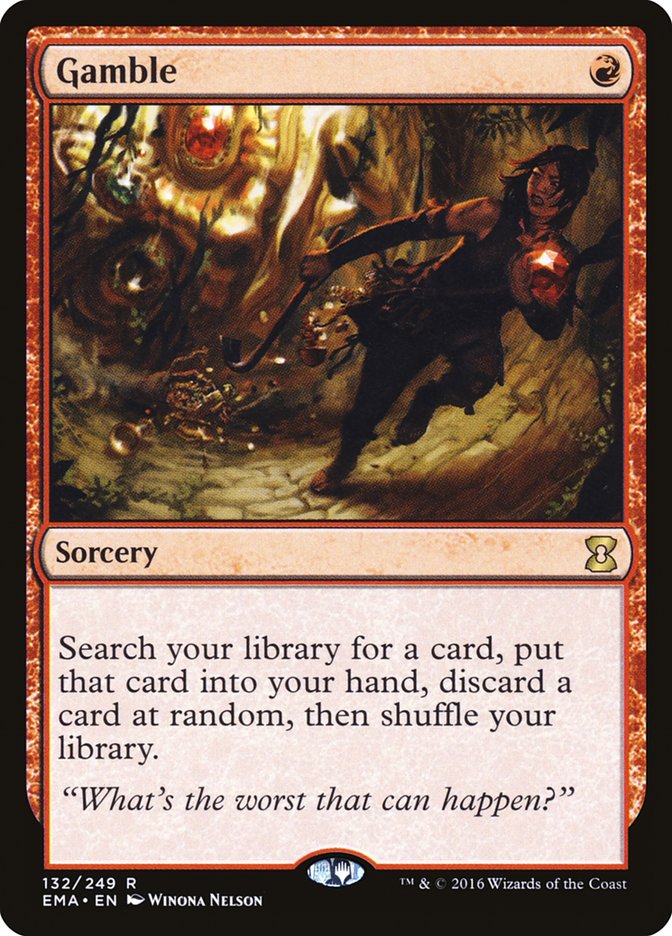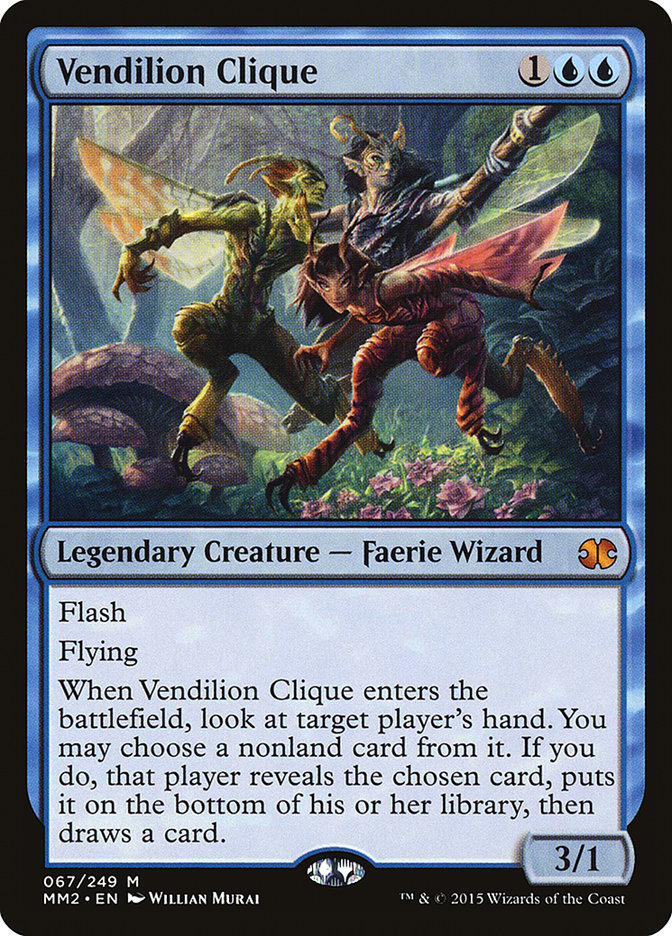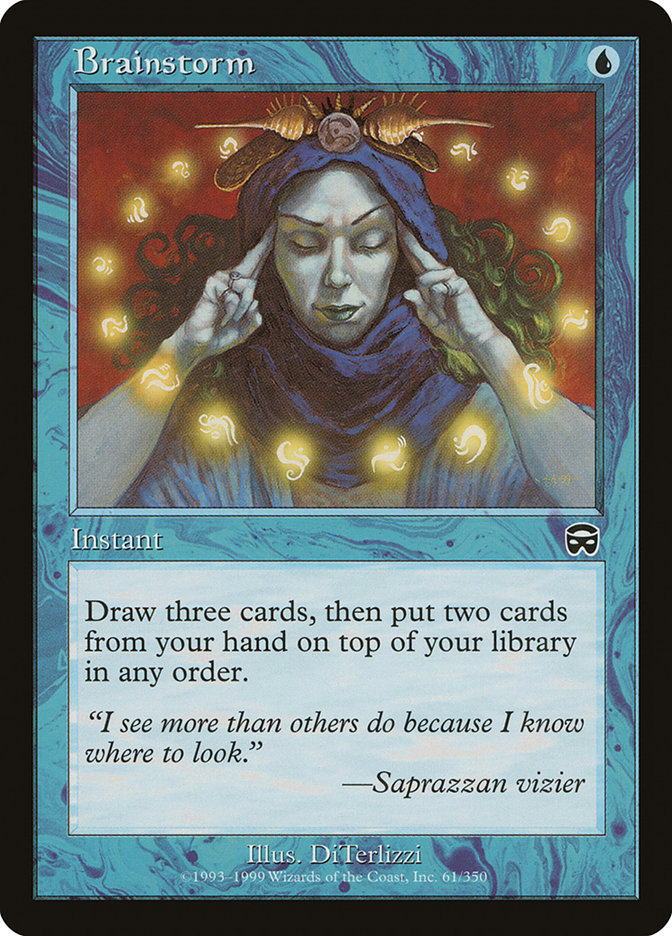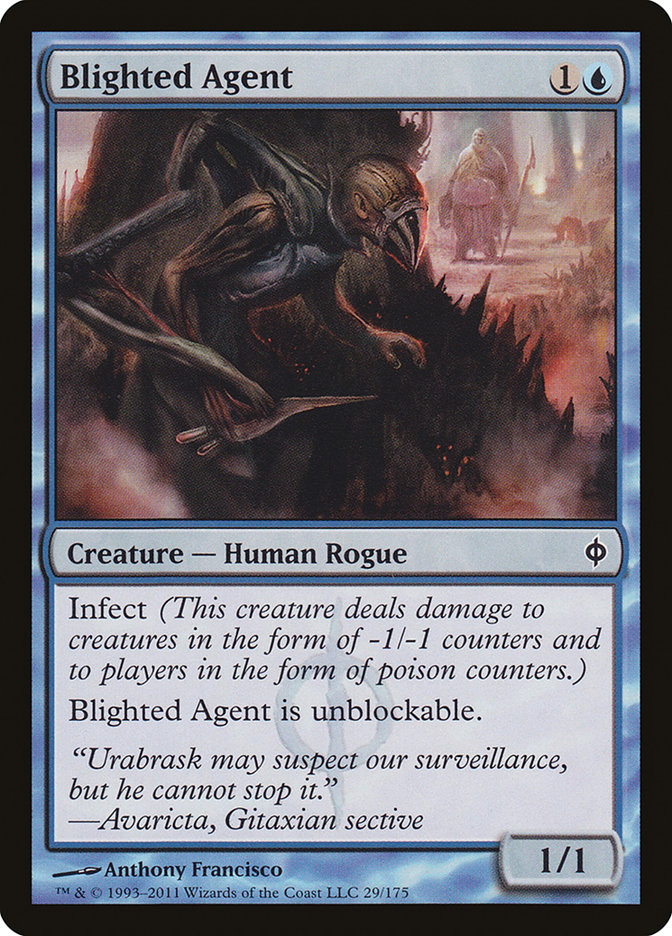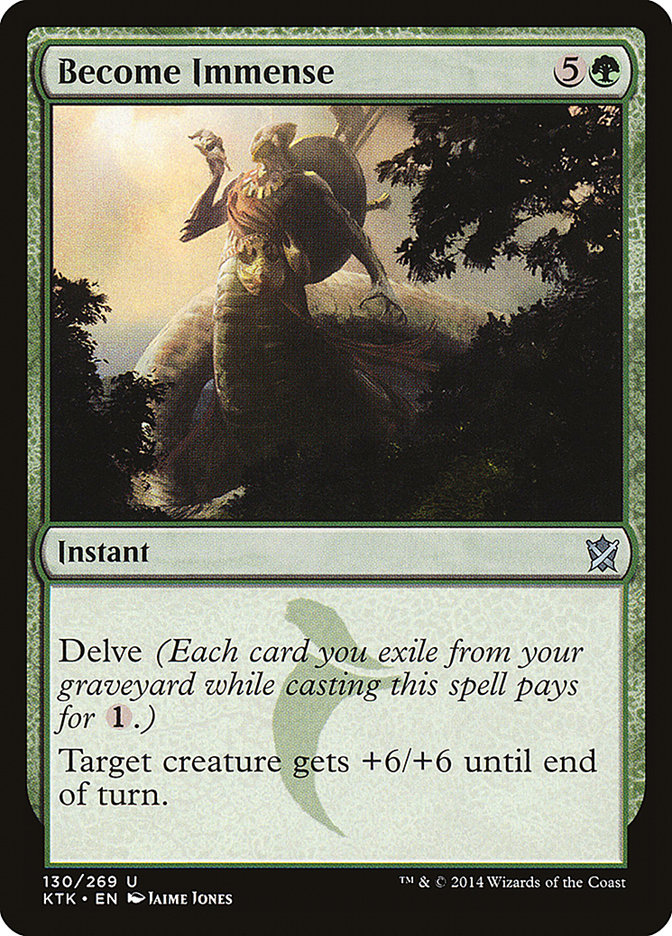Chess Moves
I’m actually bad at chess. Still, I’ve beaten people much better than I am. In college I played against the captain of the Chess Club of Louisiana Tech University. I won the first game, then lost every game afterward. I played to my strengths.
Chess has never been a game that interested me much. It’s a game of two core concepts: playing X moves ahead and memorizing common game states, most importantly opening sequences. I have not read any books. I never know the default best move in any given situation. What I am good at, though, is thinking a few moves ahead. I was able to see a move ahead of my opponents (like the next four while they could see the next three) for each piece in play. That was the edge I had.
The real reason that I could beat better players was that fourth move. I’d use that fourth move to set up an unexpected checkmate. Of course, after I got them once with my tactic, it didn’t work again.
Impostor Syndrome and Overconfidence
From Wikipedia, impostor syndrome refers to “high-achieving individuals marked by an inability to internalize their accomplishments and a persistent fear of being exposed as a ‘fraud.'” It continues:
“…victims can develop anxiety, stress, low self-confidence, depression, shame and self-doubt. People who suffer from impostor syndrome tend to reflect and dwell upon extreme failure, mistakes and negative feedback from others. If not addressed, impostor syndrome can limit exploration and the courage to delve into new experiences, in fear of exposing failure.”
I’m an impostor. Washed up and incapable of meeting previously met goals.
In 2014, I won two Invitationals in a row… with three Top 8s in a row! I walked into the fourth Invitational of the season in Seattle feeling like it was only a formality to Top 8 again. I was taken aback to lose with my Legacy Infect deck in Rounds 14 through 16, the deck that brought me fame and fortune and that had been ten-foot tall and bullet-proof.
These were my progressing outlooks through that Invitational year.
Season One – Charlotte
I wanted a poison counter. I didn’t know what to expect, but I was ready to do my best. The Invitational was a daunting task but I was prepared. I made the Top 8, losing to a matchup that I was underprepared for: Temur Delver.
Season Two – Columbus
I tuned my decks. My goal was to Top 32 and I felt comfortable enough to have an 11-5 finish. I overshot my goal and won, immortalizing myself as the poison counter I wanted.
Season Three – New Jersey
With a milestone met, I played updated versions of my decks. Again, I would be satisfied with a solid 11-5 finish. I overshot again, making history by winning consecutive Invitationals.
Season Four – Seattle
Winning was easy. I wanted to get the formality of Top 8 out the way. I’d already picked out which token I wanted. I was already thinking about how to spend the money. I played W/U Heroic and Legacy Infect, even though the formats were hostile to them. Now I wanted a real challenge. I was cocky.
I didn’t finish in the money. On full-blown tilt over my “miserable” 10-6 showing, I didn’t even bother to show up for the Sunday Premier IQ. Making the Players’ Championship is easy. After all, I essentially had three invites that year. I’ll be able to effortlessly get at least one for next year.
I ended up barely squeaking into the next year’s Players’ Championship, regretting all throughout 2015 how I hadn’t gotten out of bed for that Premier IQ.
I haven’t performed well in an Invitational since. I felt like I deserved the same success but was unwilling to put in the same effort.
Ask yourself if you’ve ever lost the first round you played in a tournament and felt it was already lost because your best performance started with a high X-0 record, a record you’re no longer able to achieve. What’s the point of continuing? Might as well drop.
“I’m the best Magic player in the world.” The words would just enter my head. Walking into the bathroom. Ordering a sub from Subway. “You’re the best player ever”. I can’t explain it. I can’t shake it. I don’t want it. I don’t understand it. Who is saying this? Is it me?
Burnout
I didn’t write last week. Nothing to write about. My content slate was blank. Full-blown writer’s block. A combination of burnout and formats that were stale, at least to me.
I’d had enough. I was burned out. Weekend after weekend with mediocre performances. I’m better than this, right?
I was on a losing streak. I didn’t want to attend GP Minneapolis. I stayed home.
I played Mono-White Humans in Grand Prix New York. I knew that the format would cyclically soon find its way to a point where Humans would be a good deck again, and knew that it was too early (turns out last weekend was actually a good time for it).
I lost. Stubbornly, I played Humans because I felt it gave me the best percentage to win. Nothing more. Absolutely nothing more. I played a deck that “I knew” and auto-piloted into me dropping after Round 8.
I needed a break. Todd Anderson had also been having similar burnout issues. Todd and I took the weekend off from Magic to go to the casino and relax. Maybe losing at poker would help us realize how good we really have it with our Magic gigs. We needed to clean our slates.
Poker, Friday
I haven’t played poker in three years. I used to watch it on TV when it was on. I played a good bit online after the poker boom. For the most part it’s like riding a bike… I think.
I just wanted to play some cards. Nothing risky. I asked front desk if there were any Limit Hold ‘Em games running. The host said it “just broke”.
“Just broke? As in there was a game running but then there weren’t enough players, so it ended?”
The floor man nodded in the same way you’d respond to being asked if the sky is blue but without being rude. New terminology has evolved since I’d last played.
I walk into the poker room and instantly hear the shuffling of chips. I didn’t used to notice it really before. Is this what shuffling cards sounds like to Magic observers?
“This guy puts his chip in the middle like Tom Dwan!”
Is that what saying someone shuffles like Brian Kibler sounds like?
“I’ve been rivered on five times tonight in huge pots!”
Is that what complaining about manascrew or losing the die roll sounds like?
“I can’t believe you called my raise pre-flop with 8-6 unsuited!”
Is that what remarking on an opponent’s mistake after they won a game sounds like?
I was familiar enough with these situations that I could recognize them and relate them to Magic. I was also sufficiently disconnected with poker to not be polluted and complacent. It sounded like people just wanted to be part of the “in” crowd.
Hrm…Magic has cliques and in-crowds and cool kids too.
“You’d rather look good and lose than look bad and win.” Billy to Sidney, White Men Can’t Jump
I saw how off-putting the culture could be to a new player. That’s something I don’t want with Magic culture, but it is.
I end up playing some $1/$2 No Limit Hold ‘Em that night. I won two pots in six hours but still left up $190. I wasn’t as good as I once, was but I was disciplined enough to pick good spots. Shuffling chips used to be involuntary for me. I didn’t shuffle chips once.
We Not As Good As We Think We Are
The night before, I asked Todd what percentage of poker players consider themselves better than average. More to the point: what percentage of the players in a poker room or at a poker table feel like they’re above average in their environment? Todd didn’t have an answer. I didn’t know myself.
There are studies that show that up to ninety percent of drivers believe that they are above average drivers. It turns out a similar effect is true in poker players. I wanted to self-evaluate to keep things realistic.
Like, I guess we’re better than average…. Maybe?
Poker, Saturday
We were the first to sit down and the last to get up.
Playing an irl guaranteed 20k poker tourney. Don’t think I’m good at poker but I play to my strengths, which are hand selection & awareness.
— Tom Ross (@Boss_MTG) May 28, 2016
$560. 38 players. 13 hours of battling for a $20,000 prize pool.
Even with a few hours under my belt the night before, I still felt out of practice. My plan was to play tight and smart. Just play to my strengths and whatever happens, happens. Still, I was all business.
No TV. No Chip shuffling. No distractions. No splits. No new friends.
Twitter updates to a minimum.
The tournament was a Deep Stack event, which means you have a large amount of starting chips relative to how low the blinds (or forced bets) are. The levels (time the blind amounts stayed the same) increased slowly as well, starting at 30 minutes and later 40 minutes. During many stretches of the tournament I played poker with the same people for roughly the same risk and blind size for hours at a time.
I looked around the table and asked myself, “How am I going to beat these players?”
Every hand, I watched my opponents, whether I was involved in the pot or not. I needed to figure out how I was going to beat everyone in order to win.
One by one, eventually, they’d crack. Some fatigued, some tilted, some fell to other emotions. The tournament was long. Thankfully Todd and I are used to long tournaments.
The tournament was largely a blur, but the end result was Todd chopping with me as the last remaining two players. With pockets full of cash, we went back to Roanoke as soon as possible.
I don’t know how I did so well. This article is the result of me discovering why and how. I had to have gotten lucky somehow, somewhere, right? I needed to delve deeper.
Good Routine
I’m fortunate enough that I formed some useful habits that transfer to poker from playing Magic tournaments.
Getting an early start on the day to wake up is important for playing your first round with the same mental attention you give your latter rounds. I’ve had many tournaments where I woke up at 11am because I had byes, hopped in the shower, skipped breakfast, and rolled in half-awake. I lost most of those rounds.
There used to be ten- and eleven-round Opens and Grand Prix Days 1 a couple of years ago. Still, even with fewer rounds, sometimes unexpected things happen that will delay a Magic tournament. A fire alarm. A software glitch. Complex judge calls or repairing. Sometimes a format is set up in such a way that leads to more matches going to time than usual.
People get fatigued during tournaments. A big part of not crashing in the later rounds of the day is a good routine.
Personally, I like to conserve valuable mental energy. In Magic I play decks that involve highly important decisions but few turns of the game. Boss Sligh and Infect are examples of these “Tom Ross” decks. In poker, I try to avoid playing too many pots. This avoids unnecessary strain while not exposing myself to situations I’m uncomfortable with. This is how I played poker years ago and what I’m used to. Just like Magic: play what you know.
Staying hydrated and keeping your hunger curbed are also important. At the poker table, bottled water and cups of orange juice were helpful. In Magic, a water bottle and whatever juices the concession has are key. I bring a bag of beef jerky to snack on. Energy bars also do the trick.
For the long tournaments, you’ll likely need a real meal. I recommend something low in fat and MSG. Foods that are tougher to process will use more of your body’s resources and you’ll feel groggy or sluggish. My favorites are sushi and grilled chicken salads.
Taking a break is better than playing poorly. Sometimes it’s skipping a tournament. Sometimes it’s taking a walk. Maybe a mid-round bathroom break. It’s better to play at 100% and 0% once each than 50% twice because the prizes are just so top-heavy. For the poker tournament, I’d skip a few hands whenever I needed to. Better to lose a big blind or a chance at a great starting hand than lose a big pot.
The Infect Effect
Avoid bad spots while putting opponents into bad spots. Let them make mistakes. Given enough opportunities to hang themselves, even the best in the world will.
Infect is a good deck. It’s a fast deck. Opponents need to play just right to beat you. If they’re building their own battlefield too aggressively, you’ll combo kill them early while their shields are down. If they don’t progress their battlefield, then you have enough time to sculpt a hand that can punch through their shields.
Oftentimes, your opponent will be playing well, and there will be only a small window on a key turn to win. You’ll need to develop a gut feeling for whether they have “it” or not. If you go for the win and they do, you lose. If you don’t go for the win, you might have missed your key opportunity. Whether I knew it or not, I honed this skill over the last couple of years with the deck.
Is playing Infect in 40 tournaments the reason for my recent poker success? Or is a past with poker the reason I chose Infect?
I don’t know. I just play how I play.


